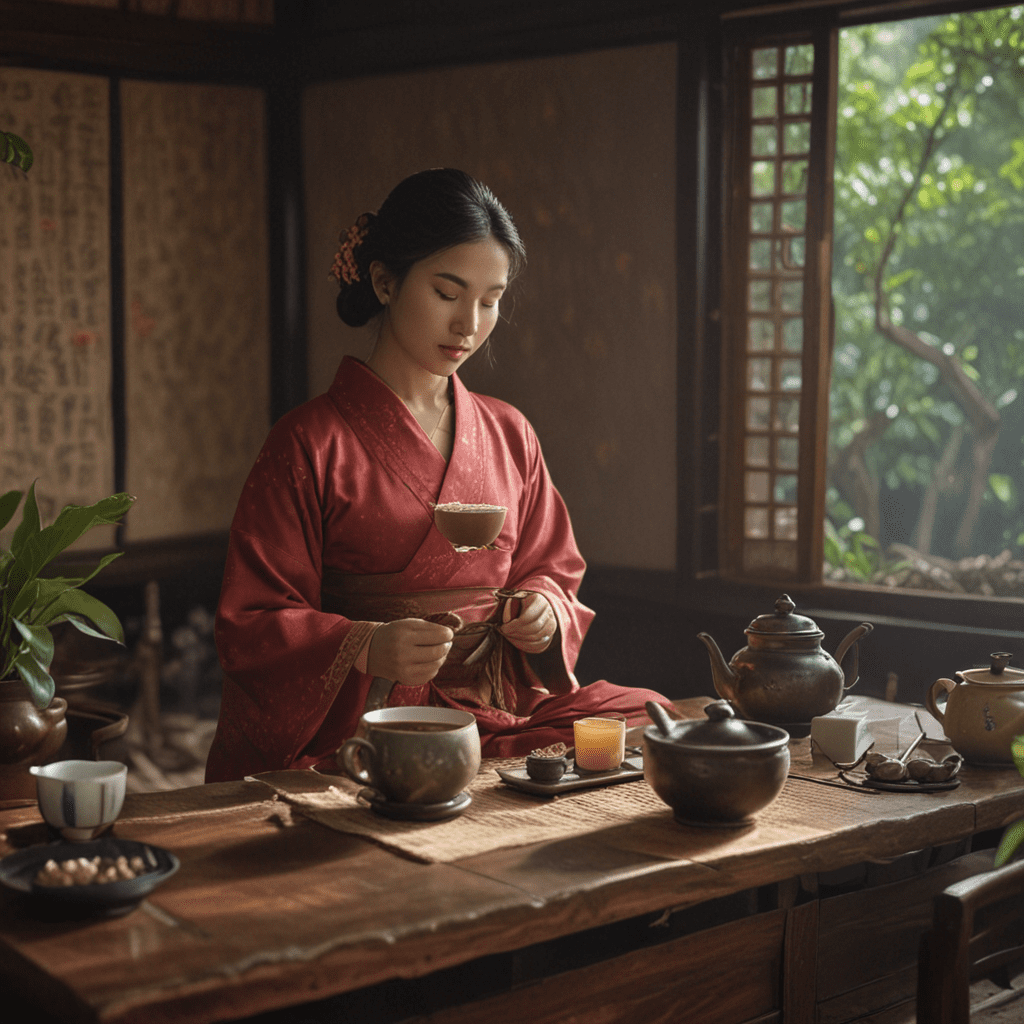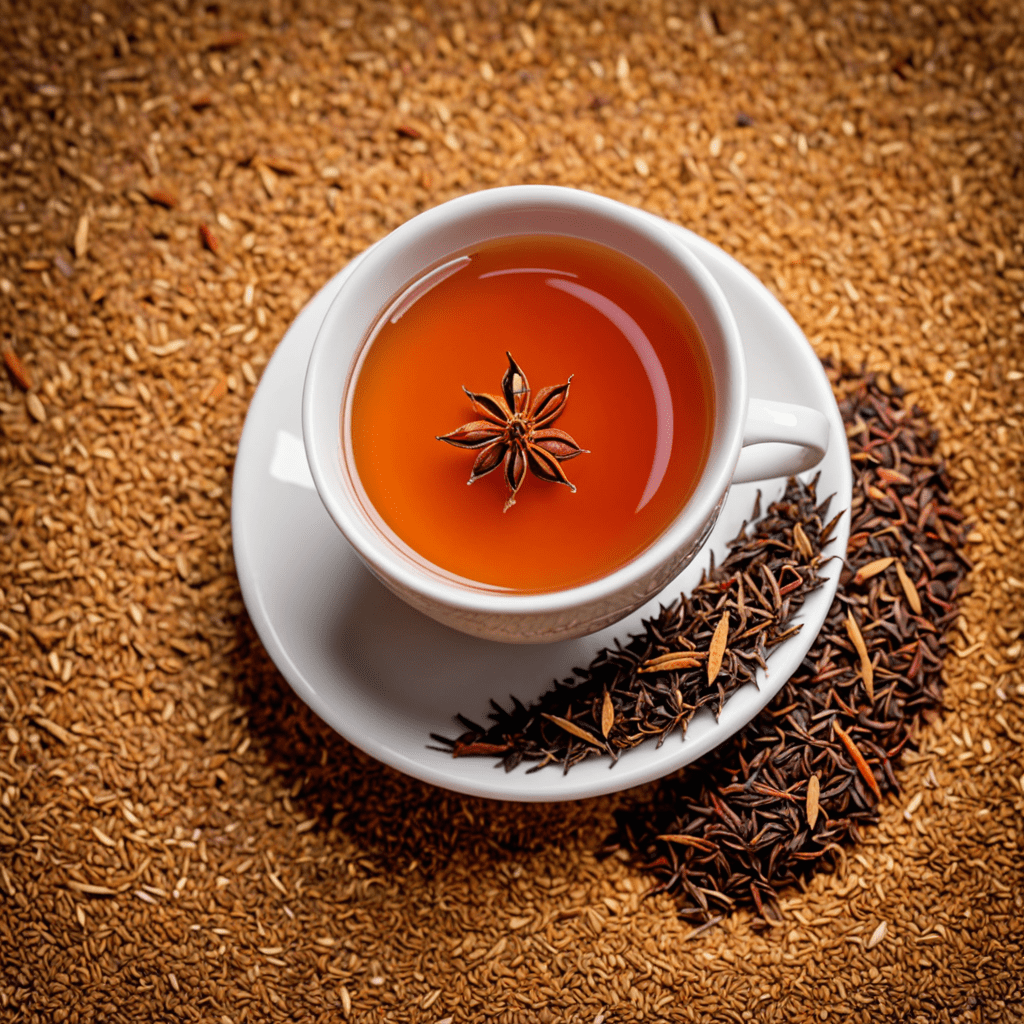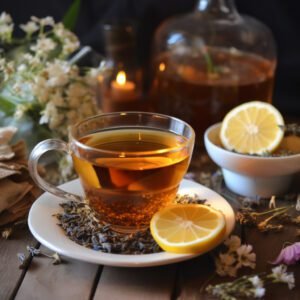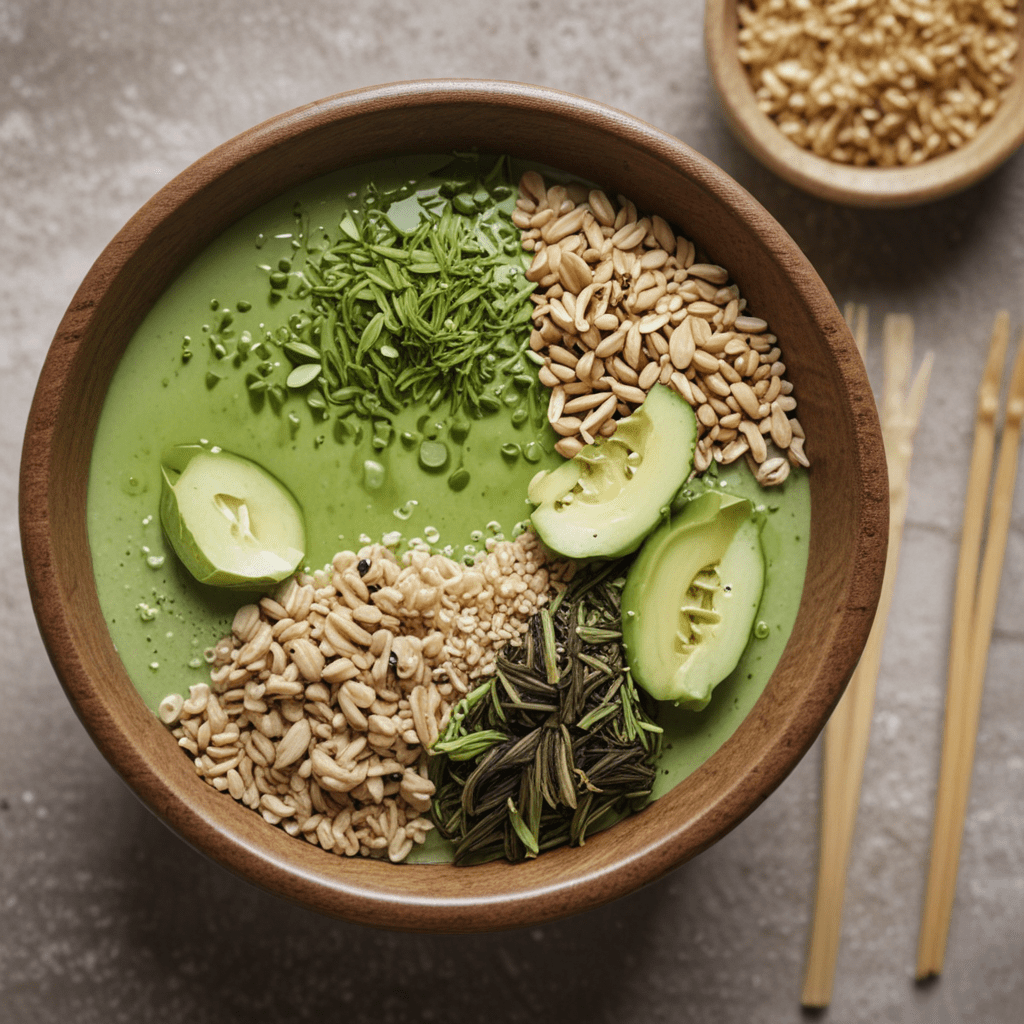1. The Rich History of Ceylon Tea
Ceylon tea, renowned for its exquisite flavor and aroma, holds a rich and storied history deeply intertwined with the cultural tapestry of Sri Lanka. The earliest records of tea cultivation in the island nation date back to the 1820s, when British colonists introduced the Camellia sinensis plant from China. Over the ensuing decades, tea plantations flourished throughout the verdant hillsides of Sri Lanka, transforming the country into a global leader in tea production.
2. The Unique Terroir of Sri Lanka
The exceptional character of Ceylon tea stems from the unique terroir of Sri Lanka. The island's tropical climate, abundant rainfall, and diverse topography create an ideal environment for tea cultivation. Six distinct tea-growing regions, each with its own microclimate and soil composition, produce teas with a range of distinctive flavors and aromas. From the brisk and invigorating teas of Nuwara Eliya to the full-bodied and malty teas of Uva, Ceylon tea offers a diverse sensory experience.
3. The Traditional Preparation of Ceylon Tea
The traditional preparation of Ceylon tea is an art form passed down through generations. The process begins with the careful selection of tea leaves, which are then withered, rolled, and oxidized to develop their characteristic flavor. The withered leaves are rolled to release their essential oils, a crucial step that contributes to the tea's rich aroma. Oxidation, a controlled process of enzymatic browning, determines the tea's color and taste profile.
4. The Ceremonial Significance of Ceylon Tea
In Sri Lanka, tea holds a profound ceremonial significance. The traditional Sri Lankan tea ceremony is a ritual that reflects the country's deep appreciation for this beverage. Guests are welcomed with a cup of freshly brewed tea, a gesture that signifies hospitality and respect. The tea is typically served plain, allowing the drinker to fully savor its natural flavor and aroma. The ceremony often includes the use of intricate teaware, such as porcelain cups and silver teapots, further enhancing the experience.
5. The Social Etiquette of a Ceylon Tea Ceremony
The Sri Lankan tea ceremony is governed by specific social etiquette that reflects the country's cultural values. Proper attire is expected, and guests are encouraged to behave in a respectful and mindful manner. The host typically prepares the tea and serves it to the guests, who express their gratitude by raising their eyebrows and nodding. The ceremony is a time for relaxation, conversation, and the appreciation of the shared experience of enjoying a cup of fine Ceylon tea.
6. The Health Benefits of Ceylon Tea
Beyond its sensory pleasures, Ceylon tea offers an array of health benefits. It is a rich source of antioxidants, particularly polyphenols, which have been shown to protect cells from damage caused by free radicals. Studies have linked the consumption of Ceylon tea to reduced risk of chronic diseases such as heart disease, cancer, and Alzheimer's disease. Additionally, Ceylon tea contains flavonoids, which have anti-inflammatory properties and may support immune function.
7. Ceylon Tea in Modern-Day Culture
In contemporary Sri Lanka, tea remains an integral part of daily life and cultural traditions. It is consumed in homes, workplaces, and social gatherings. The popularity of Ceylon tea has also spread globally, with tea enthusiasts worldwide appreciating its unique flavor and health benefits. Specialty tea shops and cafes offer a wide range of Ceylon teas, allowing consumers to explore the diverse flavors and aromas of this exceptional beverage.
8. The Economics of the Ceylon Tea Industry
The tea industry plays a significant role in the Sri Lankan economy. It is a major source of foreign exchange and provides employment for millions of people. The government of Sri Lanka actively supports the industry through research, development, and marketing initiatives. Sustainable practices are also being implemented to ensure the long-term viability of the tea industry.
9. The Future of Ceylon Tea
The future of Ceylon tea is promising. Sri Lanka's favorable growing conditions and skilled workforce ensure a continued supply of high-quality tea. Innovations in cultivation, processing, and marketing are expected to drive further growth in the industry. Ceylon tea is poised to maintain its position as a global leader in the tea market, continuing to delight consumers with its exquisite flavor and health benefits for generations to come.
10. Conclusion: The Enduring Legacy of Ceylon Tea
Ceylon tea, a beverage steeped in history, culture, and flavor, has earned its place as one of the world's most cherished teas. Its unique terroir, traditional preparation, and ceremonial significance have made it an integral part of Sri Lankan society. The health benefits of Ceylon tea, combined with its global appeal, ensure its enduring legacy. As the tea industry continues to evolve, Ceylon tea will undoubtedly remain a beloved beverage, enjoyed by tea enthusiasts worldwide for its exquisite taste, health-promoting properties, and rich cultural heritage.
Frequently Asked Questions (FAQs)
- What is the difference between Ceylon tea and other black teas?
Ceylon tea is known for its distinctive flavor profile, which is often described as brisk, full-bodied, and slightly astringent. It is also known for its high antioxidant content and health benefits. - How should Ceylon tea be brewed?
For optimal flavor, Ceylon tea should be brewed using freshly drawn water at a temperature of 195-205°F (90-96°C). Use 2-3 grams of tea leaves for every 8 ounces of water and steep for 3-5 minutes. - What are the health benefits of Ceylon tea?
Ceylon tea is a rich source of antioxidants, which can help protect cells from damage. It has been linked to reduced risk of chronic diseases such as heart disease, cancer, and Alzheimer's disease. - Where can I buy Ceylon tea?
Ceylon tea is available in specialty tea shops, online retailers, and some grocery stores. Look for brands that are certified by the Sri Lankan Tea Board to ensure authenticity.



